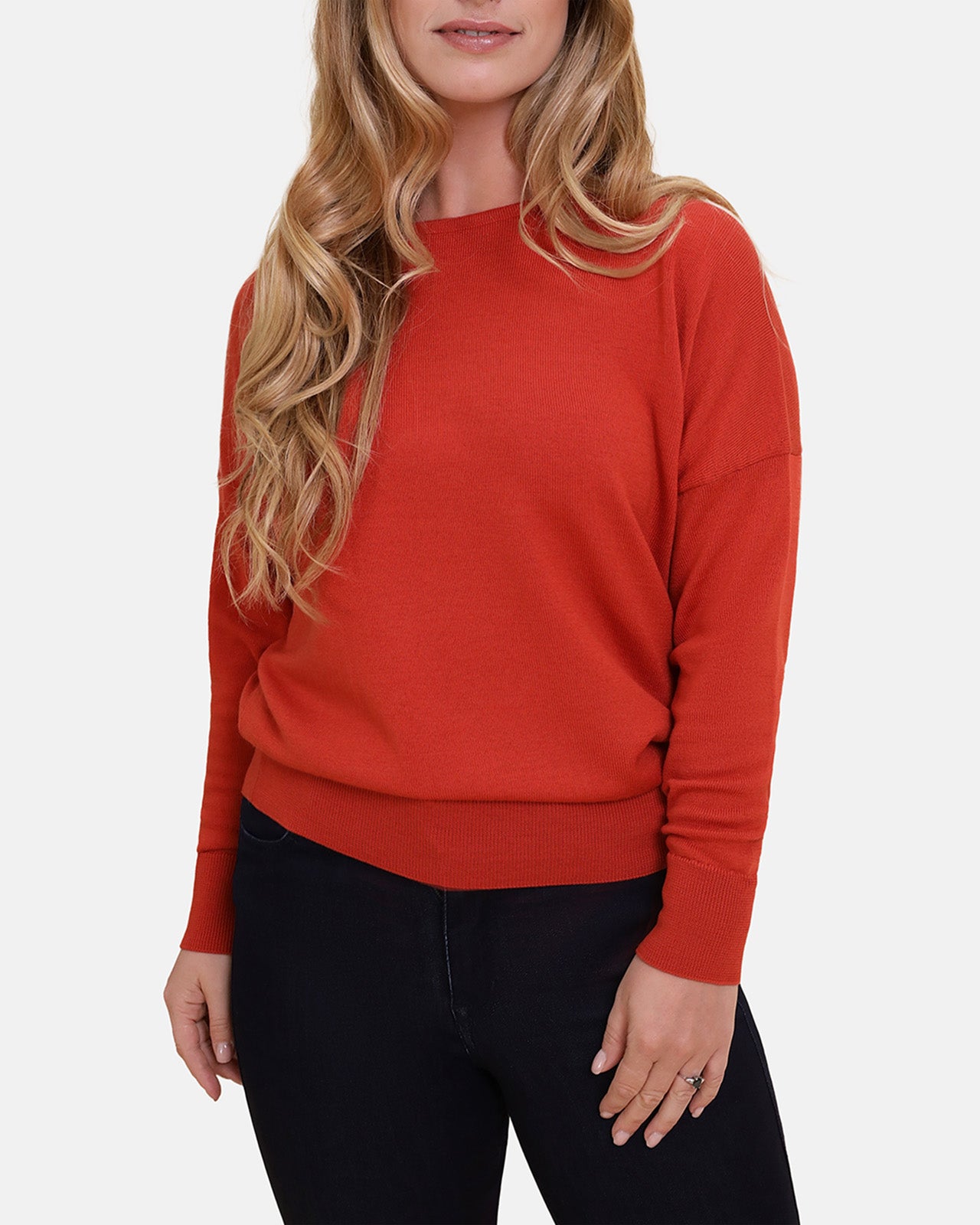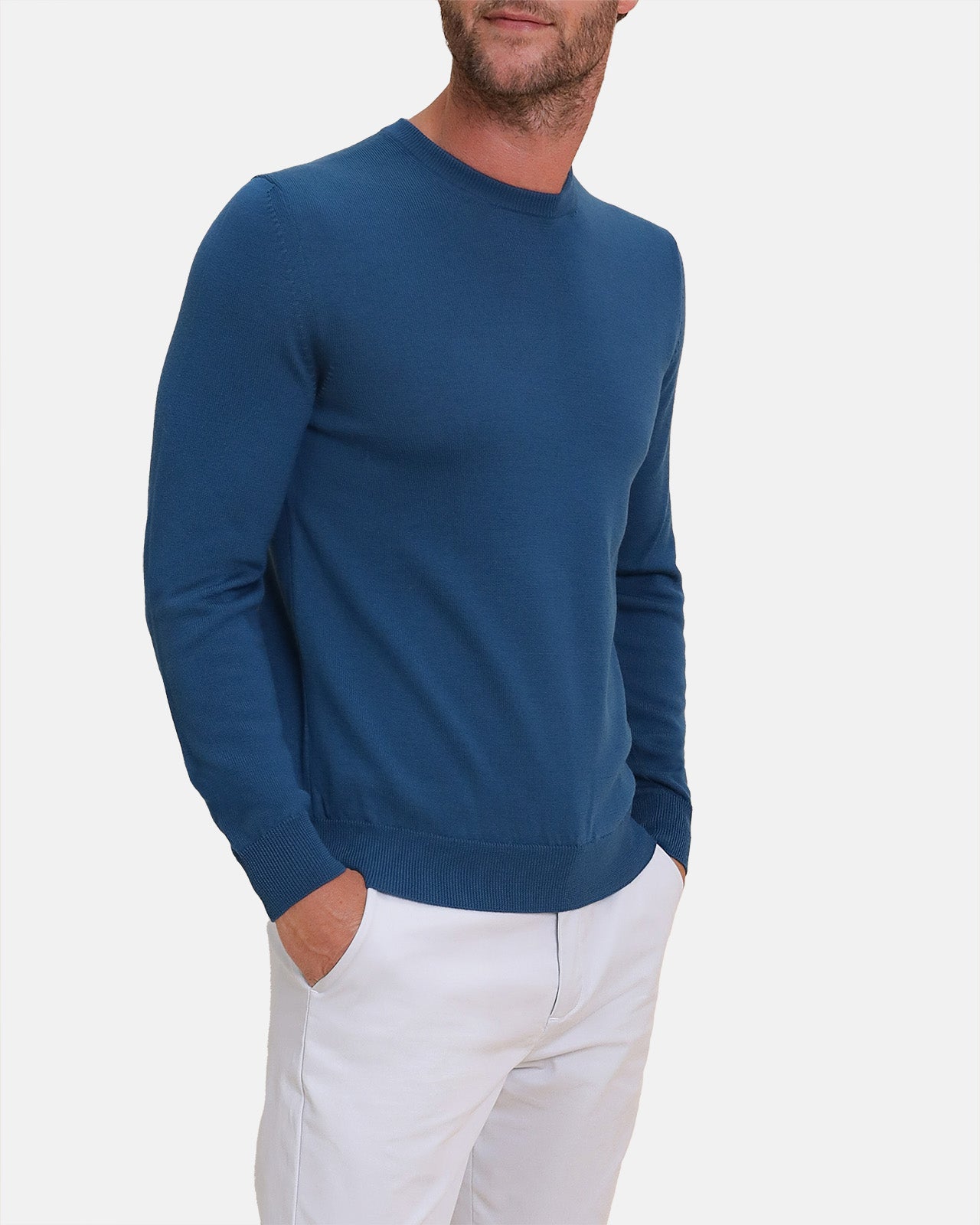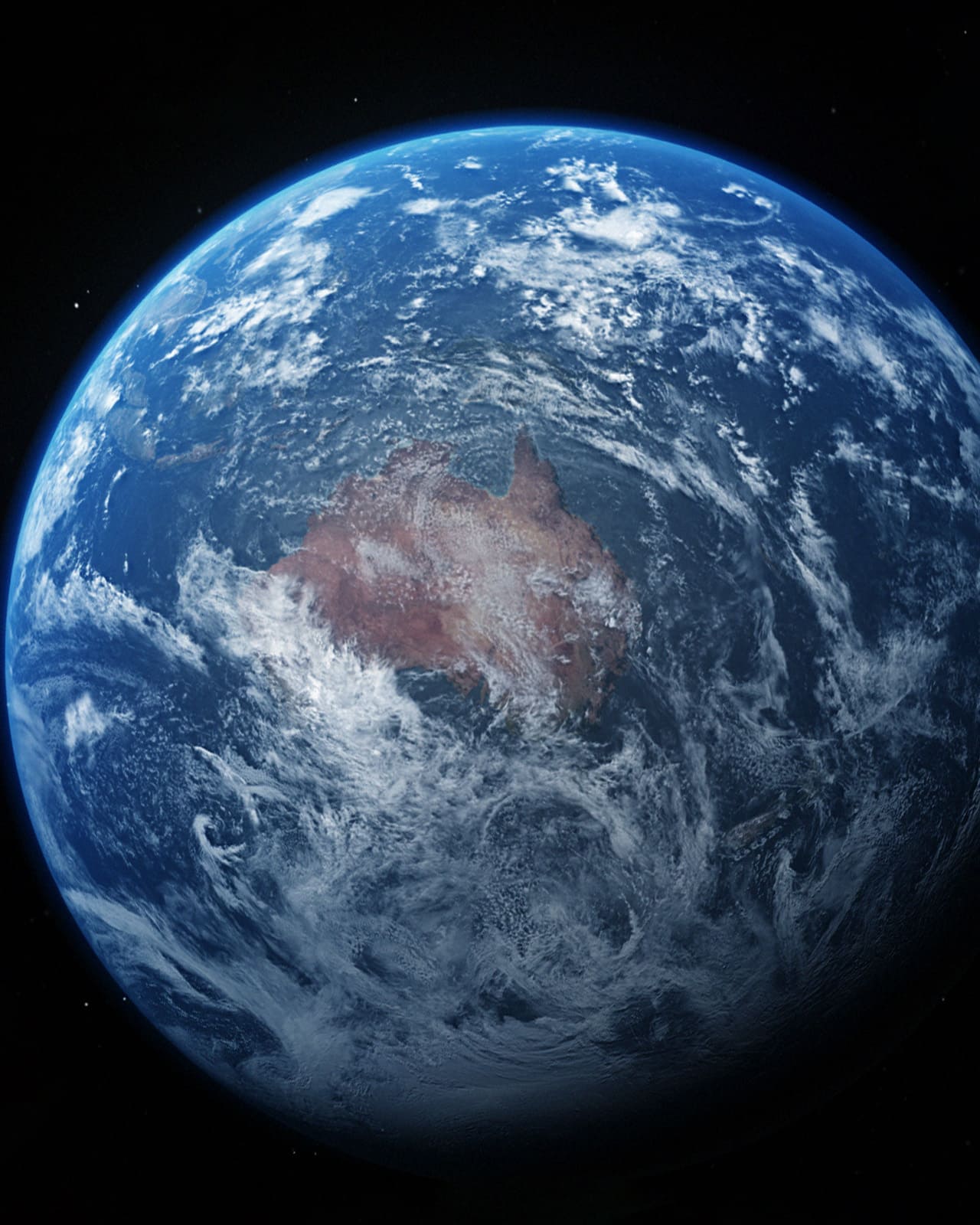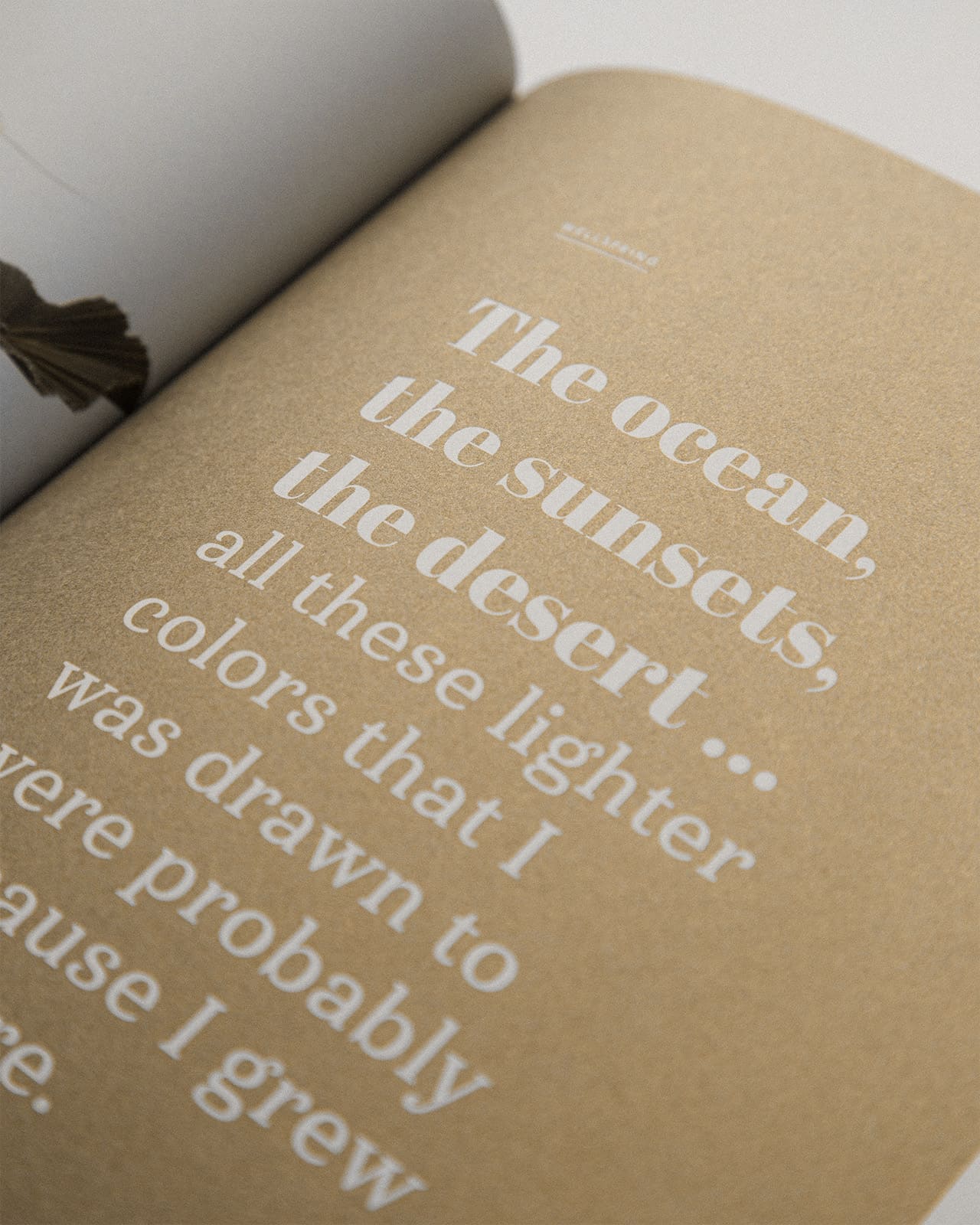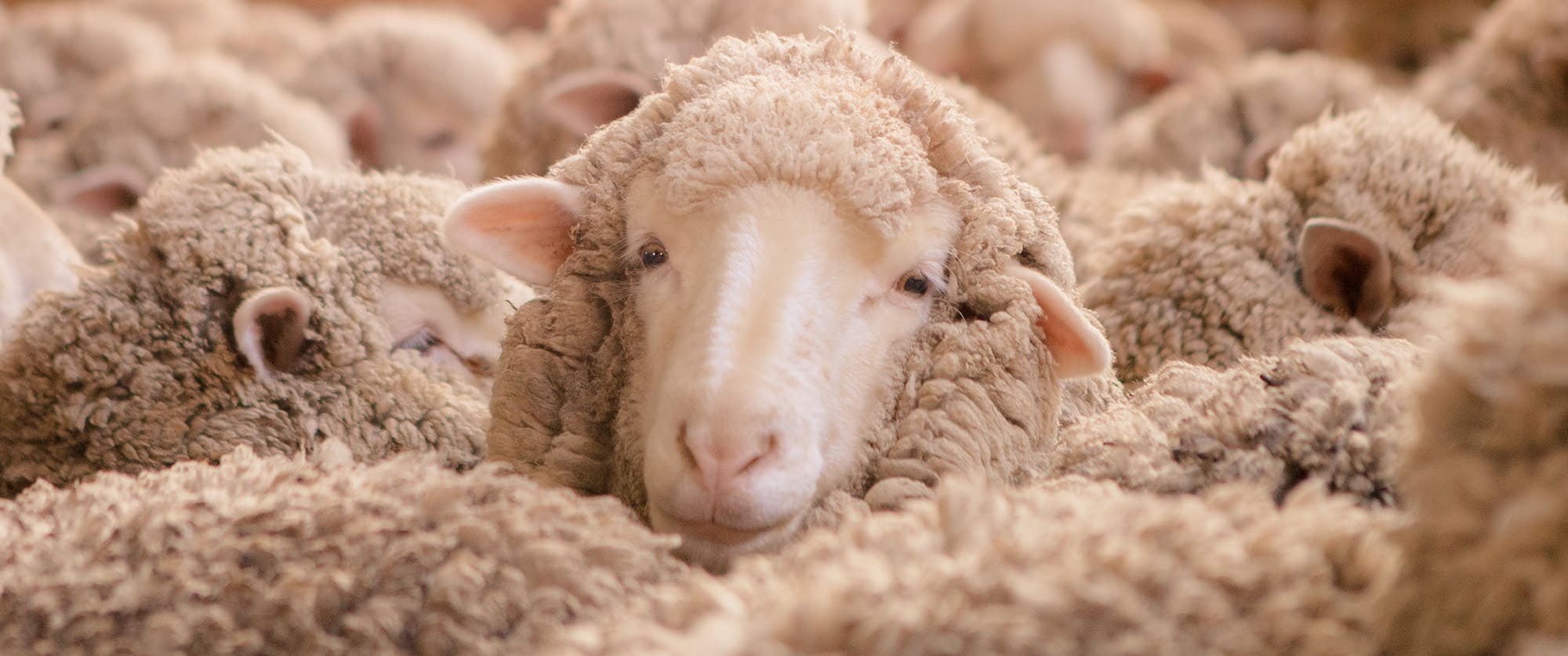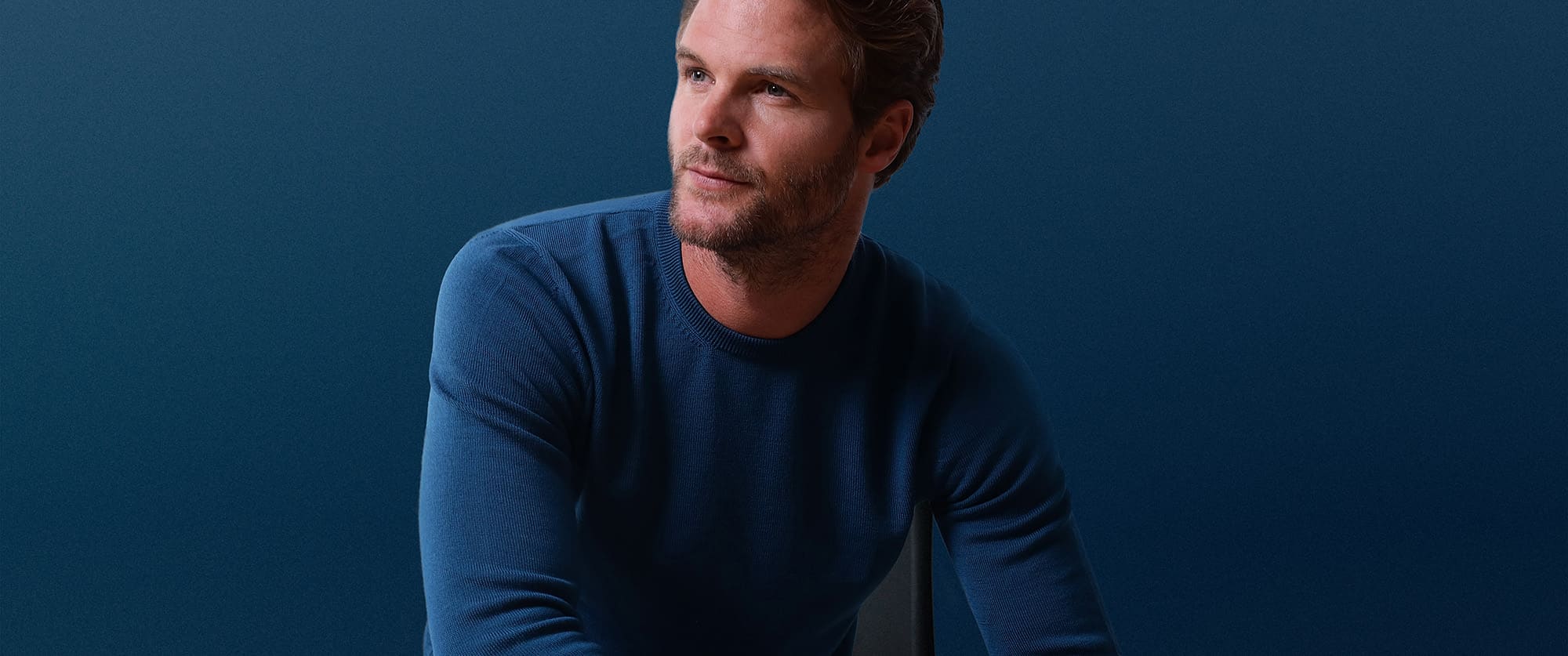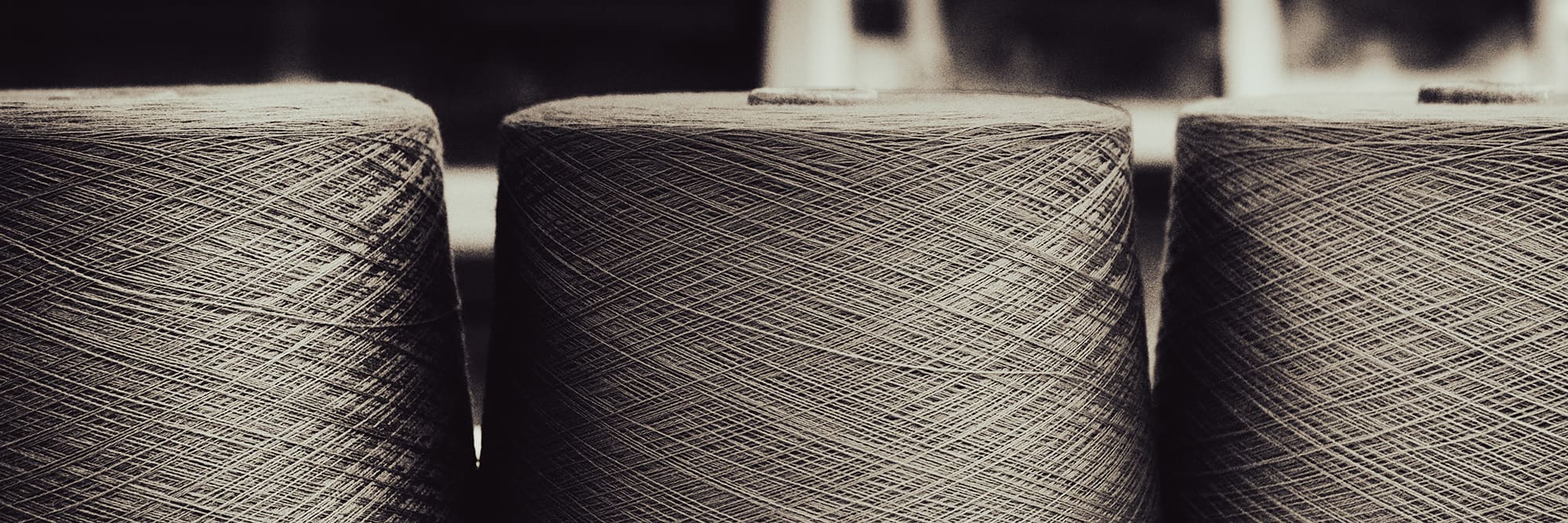True luxury shouldn’t cost the planet. That’s why, in 2022, Olivier Maréchal set out to create more than a brand. His vision was to build a business that merges exceptional craftsmanship with unwavering sustainability, breaking free from outdated systems obsessed with growth and blind to planetary limits. Rejecting incremental change, Olivier turned to the Planetary Boundaries framework to create the APres model—a new blueprint for business that doesn’t just reduce harm, but actively restores ecological balance.
Through meticulous craftsmanship and radical transparency, we create apparel for those who demand beauty without compromise. This isn’t sustainable luxury. This is luxury, redefined.
Restore Balance™
What if fashion could heal the planet? At Wide Open World, we are proving it can. As the world’s first luxury fashion house built on absolute sustainability, we craft timeless knitwear that honours both elegance and Earth—stitch by mindful stitch.
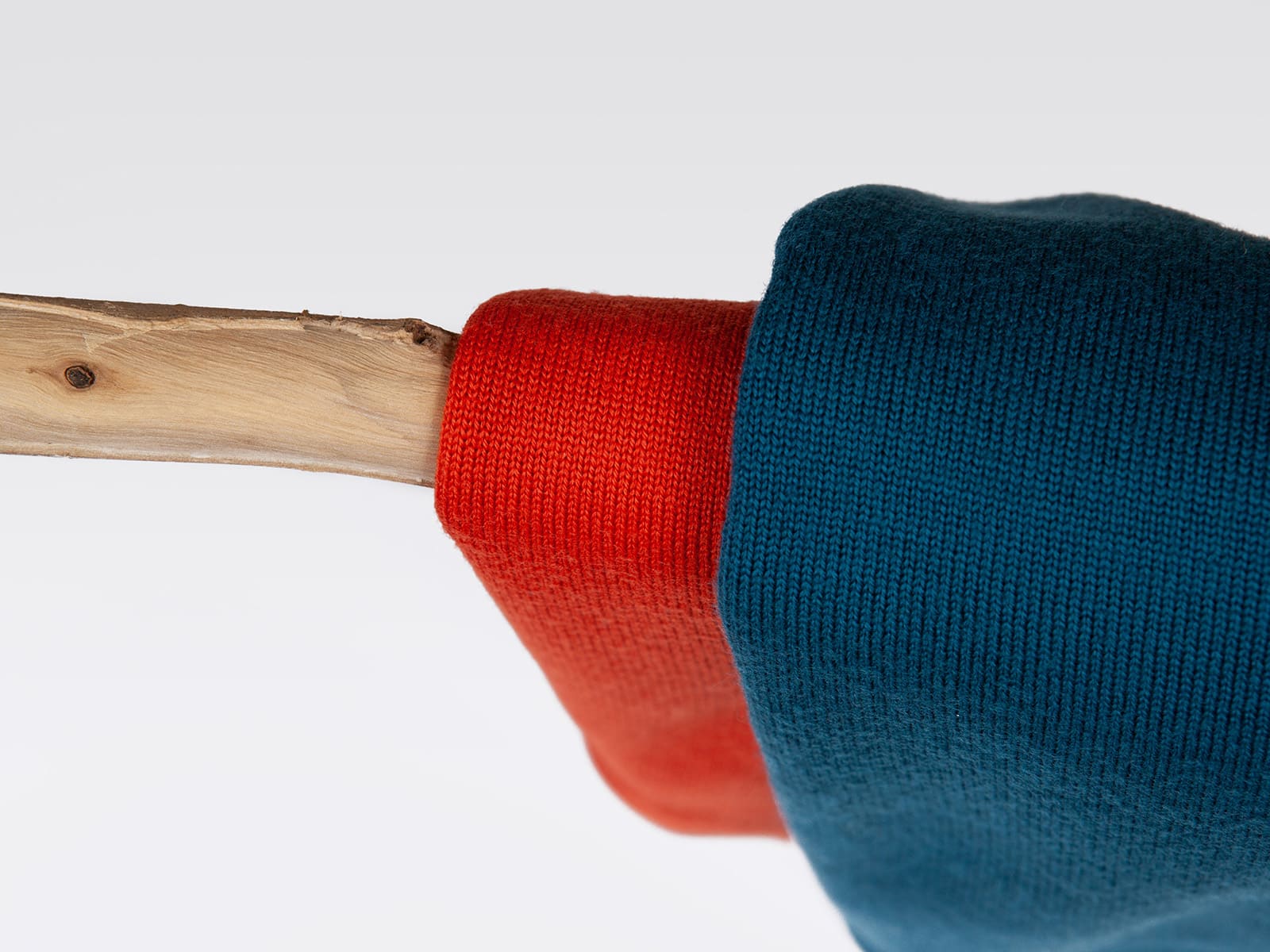
Our purpose: To make Absolute Sustainability the standard
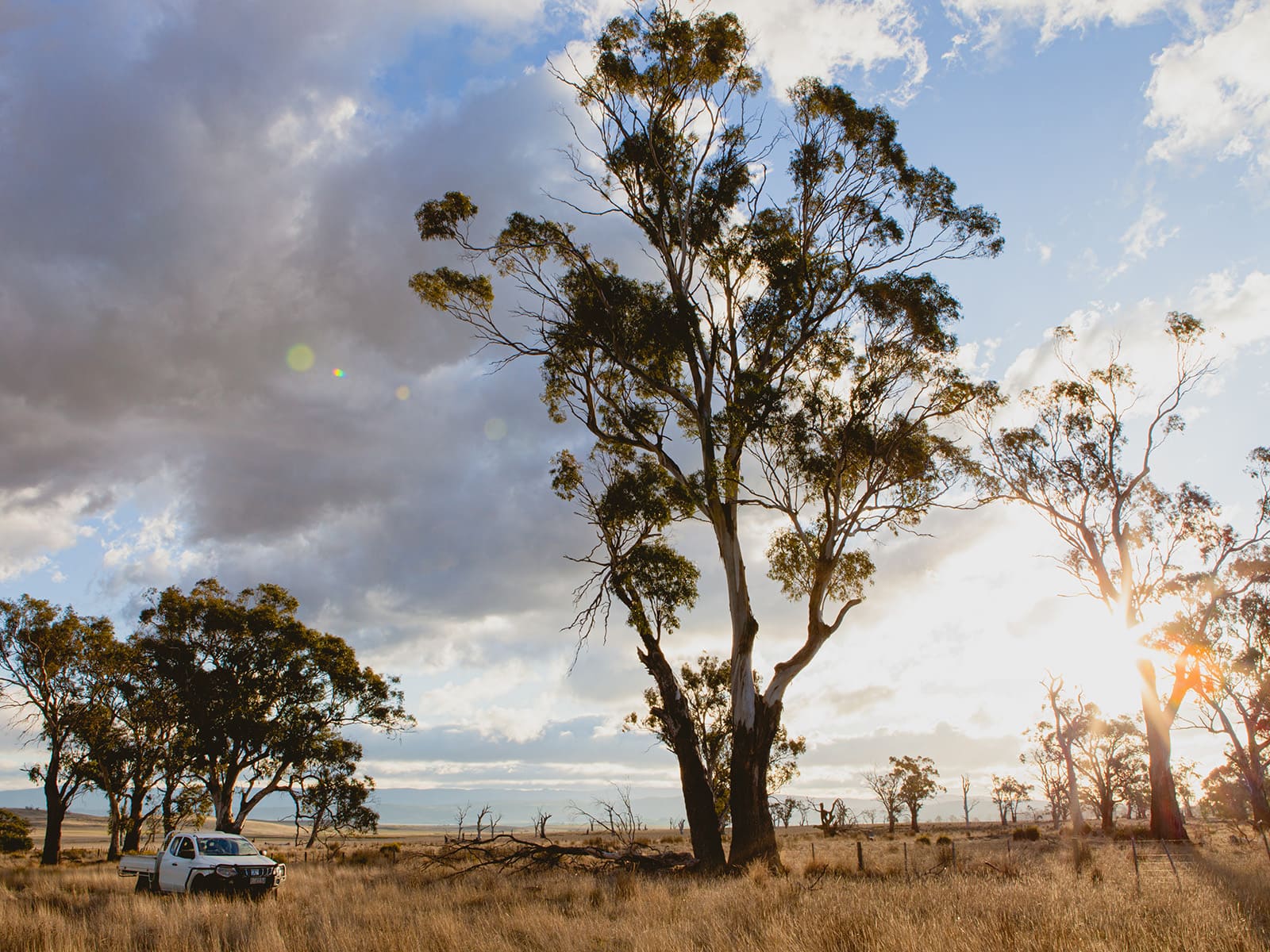
From Tasmania to Italy: A journey of integrity
Our story begins in the pristine landscapes of Tasmania, where a single flock of Merino sheep roams land stewarded for generations. Their wool—finer than 18.5 microns soft, toxin-free, biodegradable—embodies nature’s finest craftsmanship.
It then travels to Italy, where master artisans transform it into timeless luxury knitwear, preserving centuries-old techniques. Every piece reflects a commitment to quality, ethics, and respect for nature’s balance.
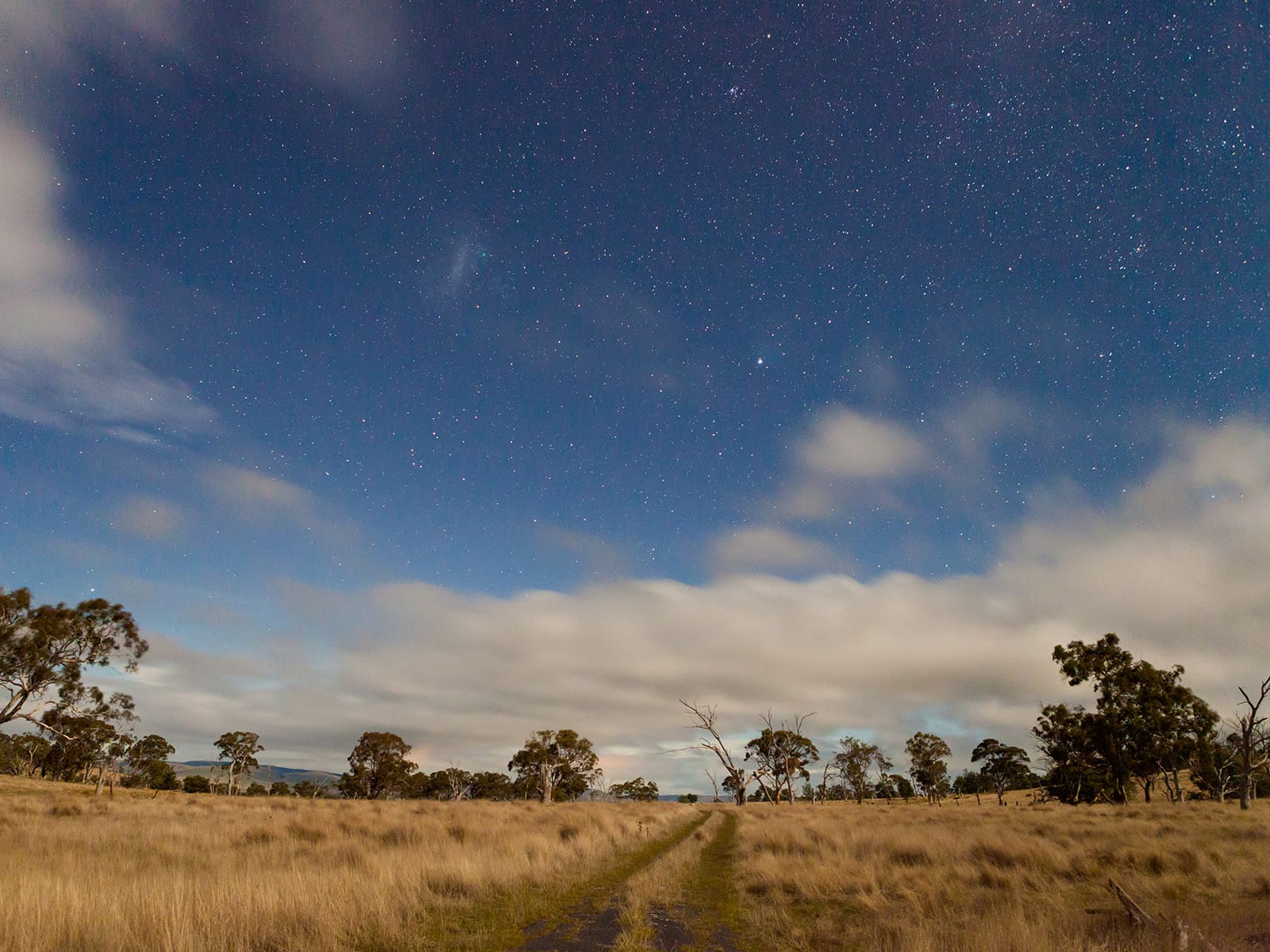
Beyond sustainability: The APres model
We didn’t stop at reimagining materials; we rewrote the rules.
Wide Open World pioneered the APres™ model, rooted in planetary boundaries science, to ensure every business decision—from sourcing to stitching—actively defends ecological balance. This model is now part of Natropy, a sustainability consultancy spun out of this vision.
This isn't about minimising harm. APres is the blueprint business should have followed from the start—because true sustainability doesn’t negotiate with nature; it safeguards its very logic.
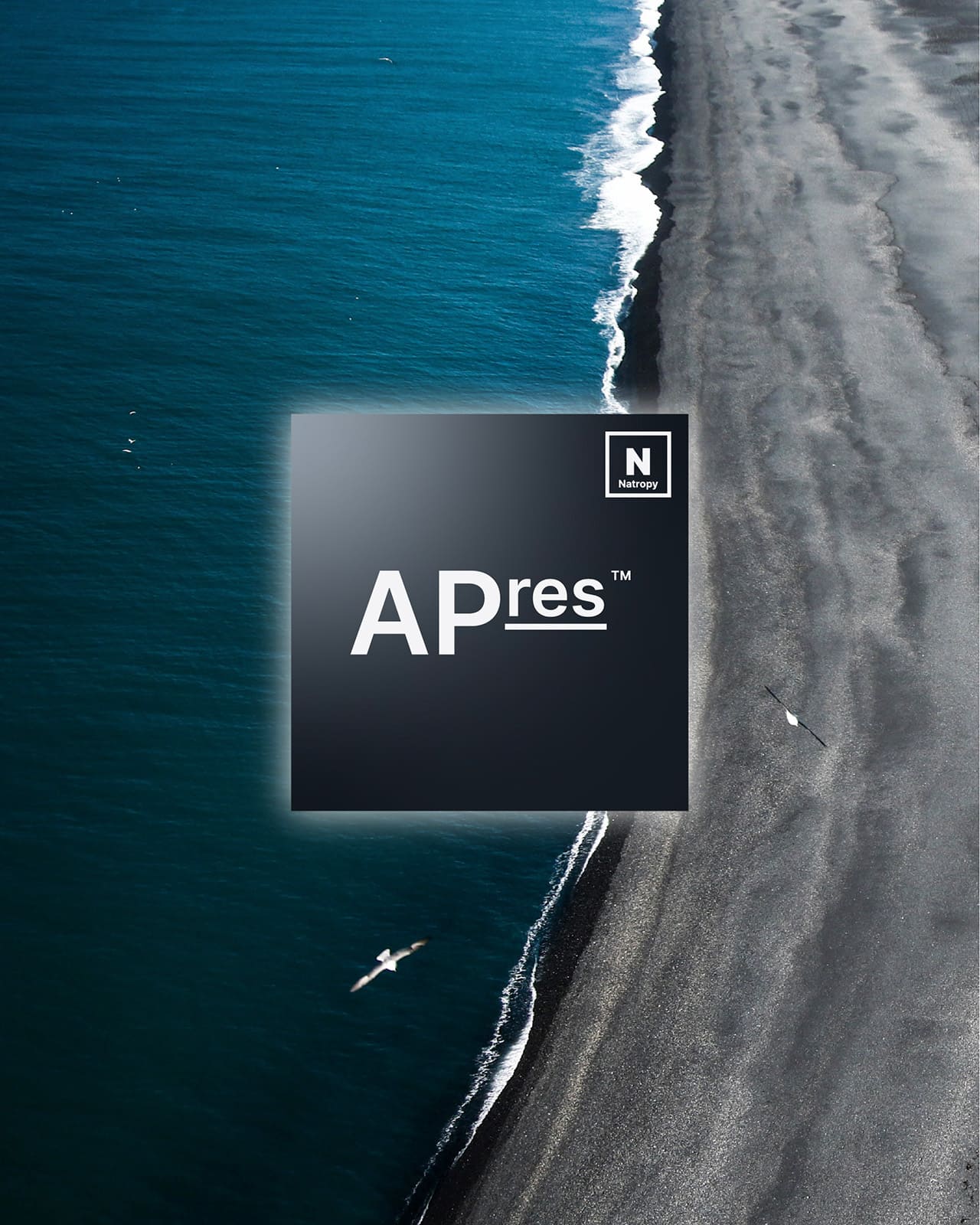
Radical transparency: No secrets, just solutions
You shouldn’t have to take our word for it. With so much greenwashing in the industry, we offer radical transparency to our industry and our customers to foster learning. We invite scrutiny because real change starts with accountability.
Our name, Wide Open World, reflects our commitment to openness and global community. “Wide Open” symbolises transparency, and “World” represents our inclusive journey towards a sustainable future.
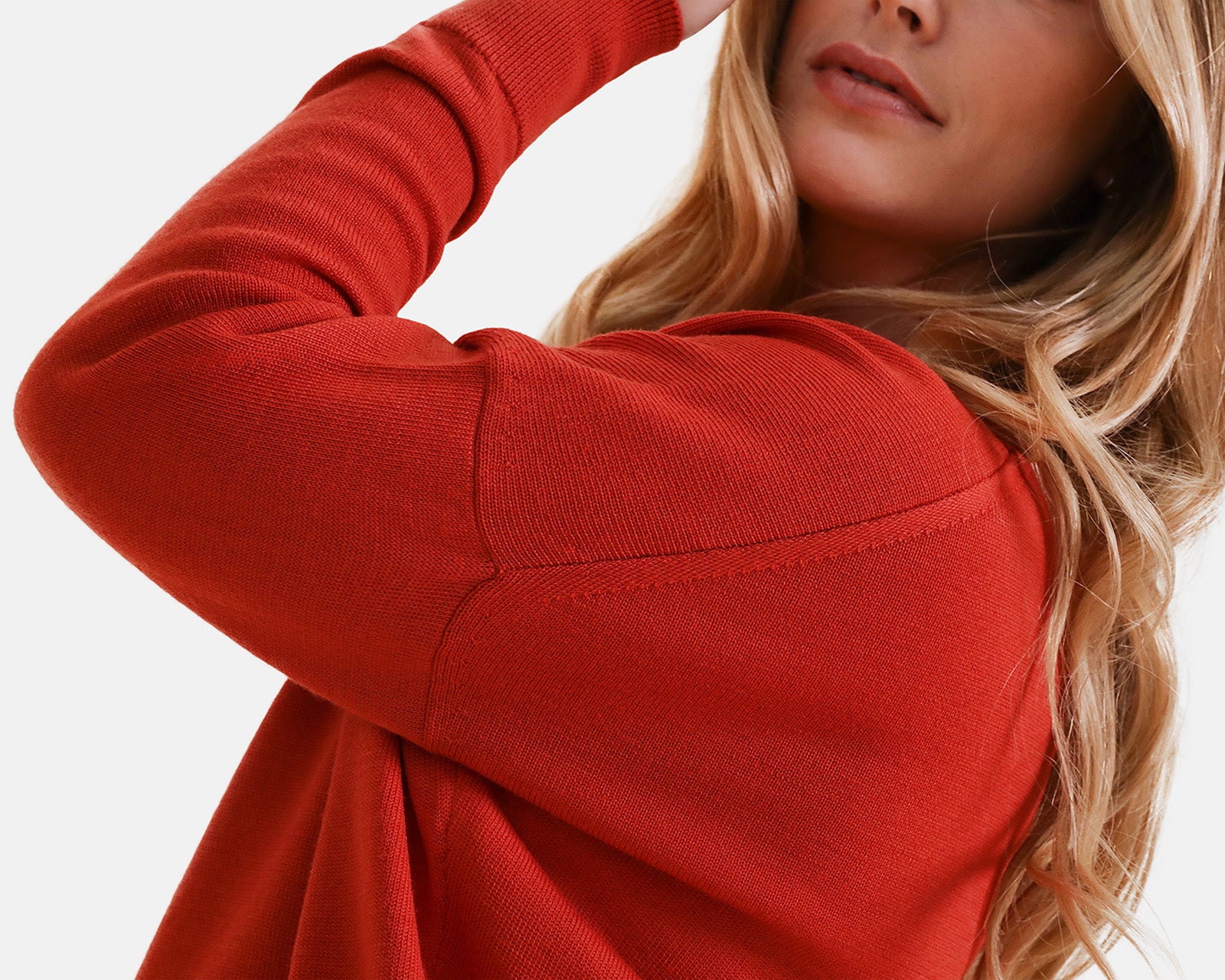
Join the movement
This is more than fashion. It's a pledge to change the core logic of business while celebrating timeless style.
We don't follow trends—we redefine them.
At Wide Open World, we reclaim the wisdom of thinkers like Aristotle and Adam Smith, who understood that true prosperity requires balance. Where traditional business demands endless growth, we forge a pact with nature: to actively defend its equilibrium.
Born from our radical ethos and advanced by Natropy, the APres model transforms philosophy into practice. Every garment embodies science-backed action that doesn’t just ‘reduce harm’ but actively restores balance.
This isn’t idealism. It’s the future—woven into every fibre.
